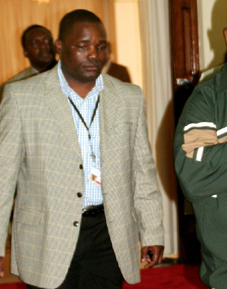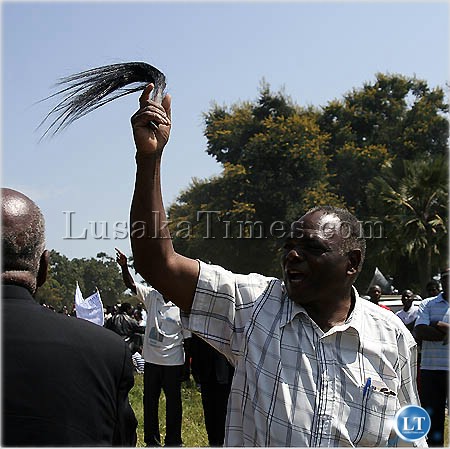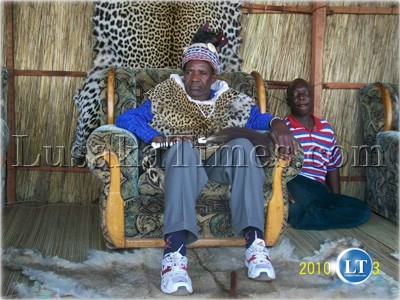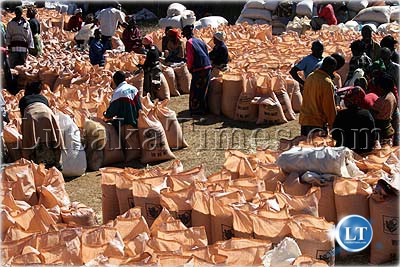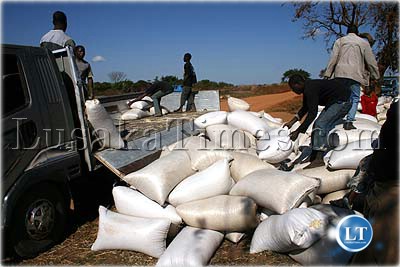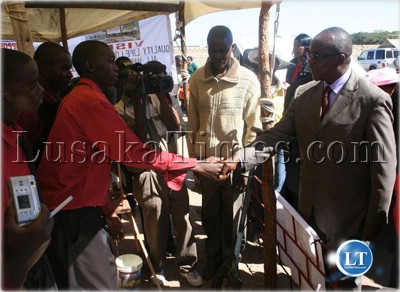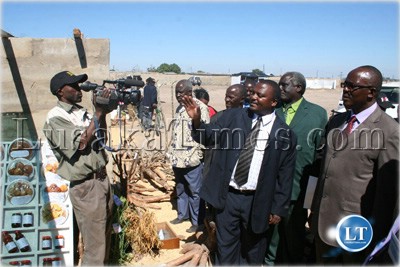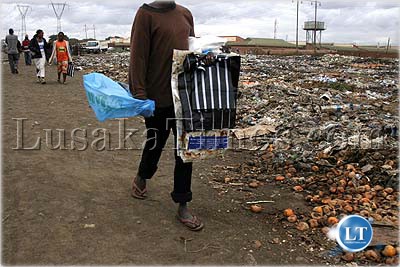THE MMD has said it is satisfied with the results of the decision taken to open up the mining industry to foreign investment as it has led to a dramatic turn-around in the performance of the sector.
Finance and National Planning Minister, Situmbeko Musokotwane told management at Konkola Copper Mines (KCM) that as a result of that decision, an industry that had all but collapsed 10 years ago was booming once again, with annual production of copper set to return to the peaks of the 1970s when Zambia ranked among the top five producers of the red metal.
“This year, for the first time since the 1970s, we will be producing nearly 700,000 tonnes of copper.
“Things have improved dramatically from the day when the Government took the almost inconspicuous decision to open up the industry to foreign investment,” he said.
Dr Musokotwane said just 10 years ago, the Zambian economy was in deep crisis with the mining industry in a collapsed state and production down to just 220,000 tonnes per annum from more than 700,000 tonnes in the 1970s.
“We had lost two-thirds of our production capacity…a huge segment of our economy was lost, while at the same time population had risen from under four million in the ‘70s to between 10-12 million; more people to take care of with less resources to do so,” he said.
He said the ‘contradiction’ was responsible for the deterioration in the economic and social sectors.
Dr Musokotwane said Government was “very satisfied” with the overall results so far of the decision to open up the mining industry and with the contributions of investors like Vedanta Resources which has spent more than $2 billion on new investments in KCM to revive an ailing operation into a major player in the Zambian economy.
He said now that the industry was performing well, the Zambian people were expecting increased contributions from the mining houses to the national treasury so that the Government could mend the roads, build more hospitals and schools.
Government would do all it could to ensure that mining houses were producing at a cost that made them competitive on the international market.
“South America produces at 60 cents per pound. Our costs are way above that. We have to find a way that enables us to be more competitive so that we can survive,” he said.
KCM Chief Executive Officer Kishore Kumar said KCM looked forward to the Bill on Partnership Agreements coming up in Parliament.
He appealed to the Government to look into the factors that were responsible for the high cost of copper production in Zambia, like unstable and expensive power, saying KCM had suffered damage from frequent outages and unstable loads.
He said just as Government had divested from telephony, it should also consider divesting from power supply.
[Times of Zambia]



